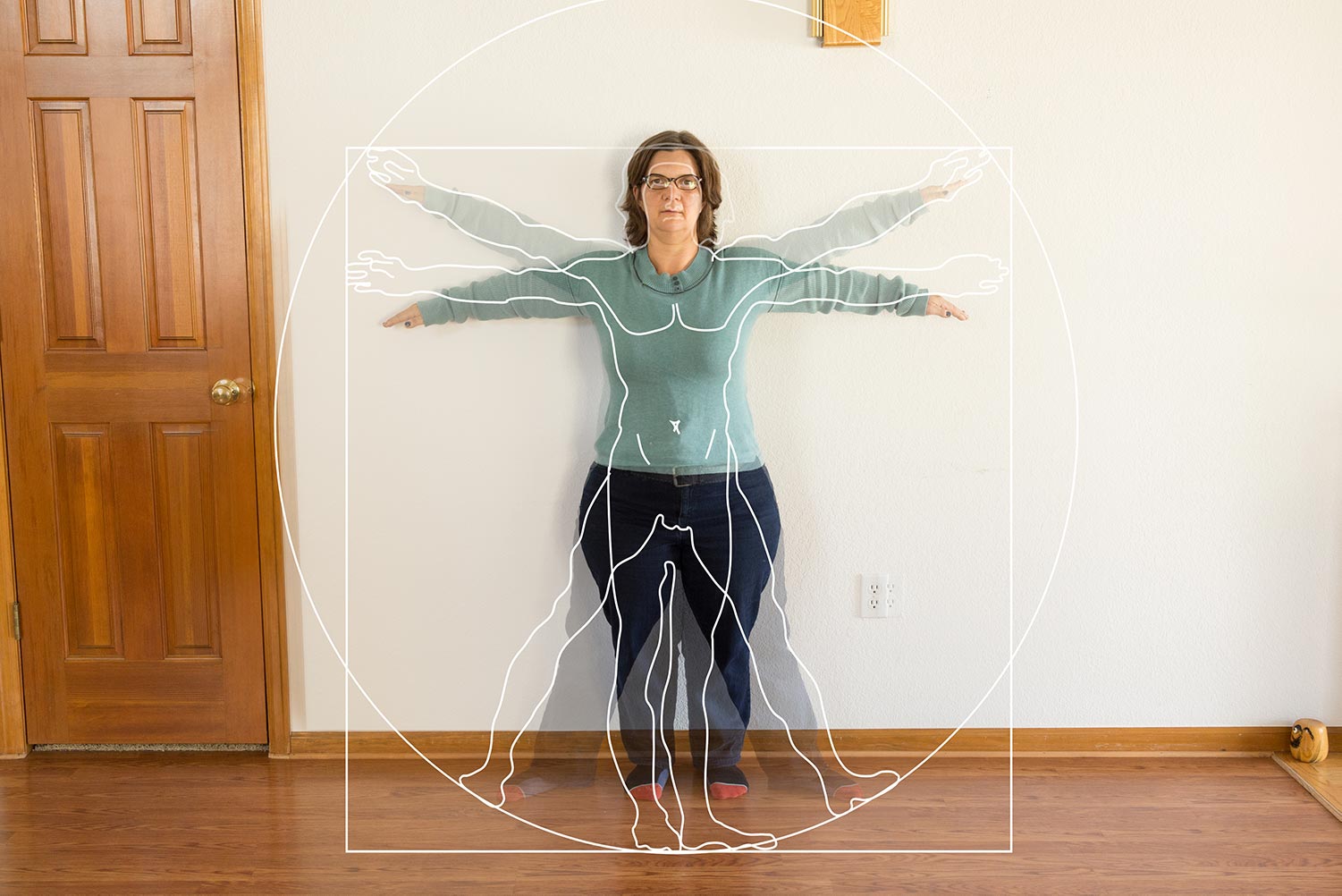IDA Member Spotlight: Julie Wyman

Julie Wyman is an award-winning filmmaker, performer, writer, and professor. Her previous works include Buoyant (2005), A Boy Named Sue (2000) and STRONG! (2012), all which have been showcased globally. Her current work, Untitled Dwarfism Project (in development), is one of the latest projects granted funding by the IDA Enterprise Documentary Fund. Wyman holds an MFA from the University of California, San Diego. She is currently an Associate Professor of Cinema and Digital Media at UC Davis.
IDA: Your portfolio of work has primarily focused on the cultural and media constructions of body image. What makes Untitled Dwarfism Project stand out from your other work?
JULIE WYMAN: I have always been driven by questions like, What does it mean to have a body that is different from the norm? And how do we respond to this difference? Do we claim it and stand on the outside, use our perspective to make demands that reshape the world? Do we change ourselves to fit the world that exists?. This film’s connection to disability culture and critical disability studies has allowed me to deepen and raise the stakes of those questions. I’m honored to learn from disability justice activists and to contribute to the storytelling and image-making that expands the range of bodies that we see and celebrate.
In this film I’ll also be deepening my practice of integrating performance into documentary, collaborating with some of the film’s participants to develop a series of performative vignettes that creatively explore some of the issues that are key.
Untitled Dwarfism Project is also a departure from my previous work in that it is far more personal. While my previous work was inspired by my experience living in a body that is different, I have never dared to tell my own story. This film, while centering on key figures within the Little People community, includes elements of my own story of being diagnosed, in adulthood, with a form of dwarfism.
IDA: With this film exploring aspects relevant to your own life, what are some challenges you've faced that stand out from other projects?
JW: Even as a bit of an exhibitionist, I’m finding this process tricky. I occupy a liminal “insider-outsider” position, right ON the line of belonging and not-belonging within the Little People community. I am wary of taking up too much space in a story that is much bigger than myself. But I don’t want to shy away from acknowledging my own position. It’s a delicate business. I am lucky to have the support of my amazing producing team to walk this fine line.
IDA: What has your experience as an IDA Member and IDA Enterprise Documentary Fund grantee been like for you?
JW: I have long turned to IDA’s resources to help me dig into the most pressing and complicated issues we face as documentary makers. IDA’s support for the project is hugely meaningful; it affirms for me the potential of the project to speak to urgent ethical questions about medicine and science and how we as a culture see and reflect differences.
IDA: What is one piece of advice you would give to emerging filmmakers?
JW: My advice is to ask for help and for collaboration. You don’t have to do it alone. Look for mentorship and community until you find it. And where that doesn’t work, invent it. Follow your gut. Make the films only you can make.